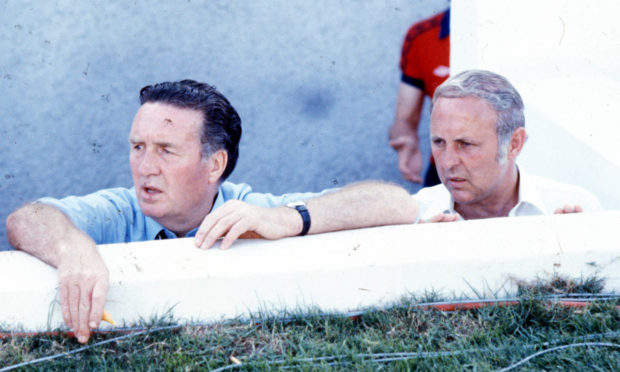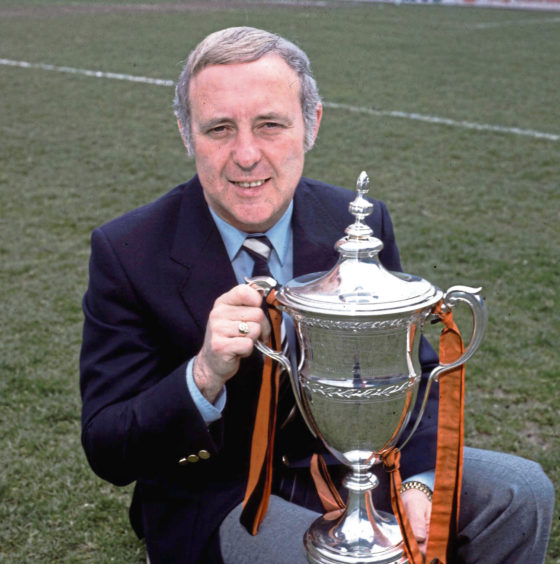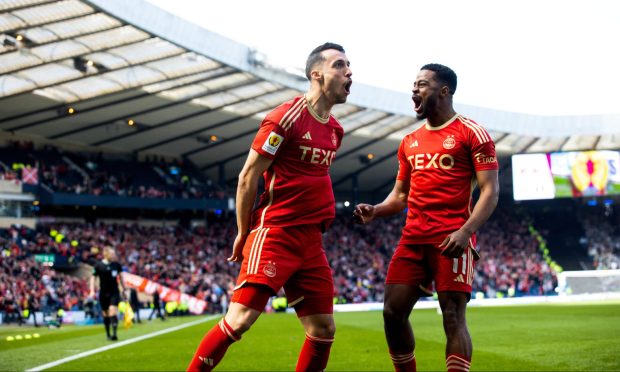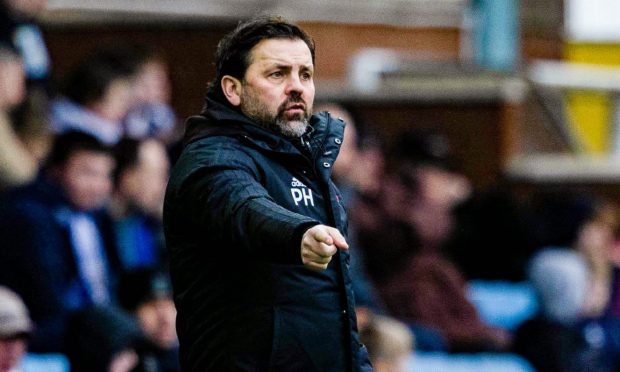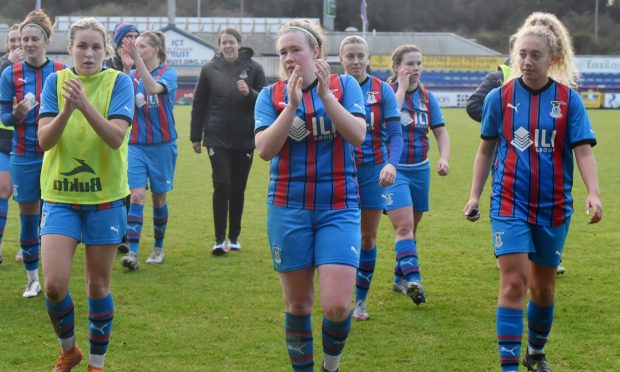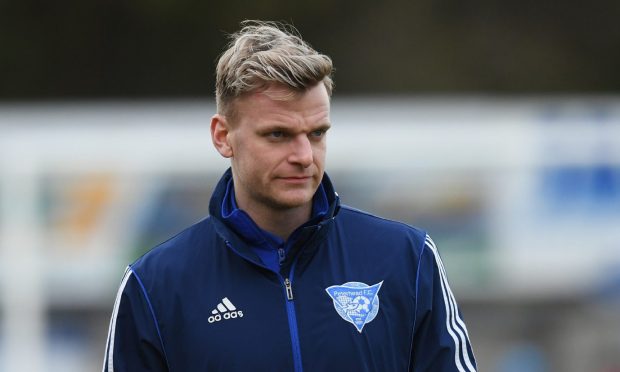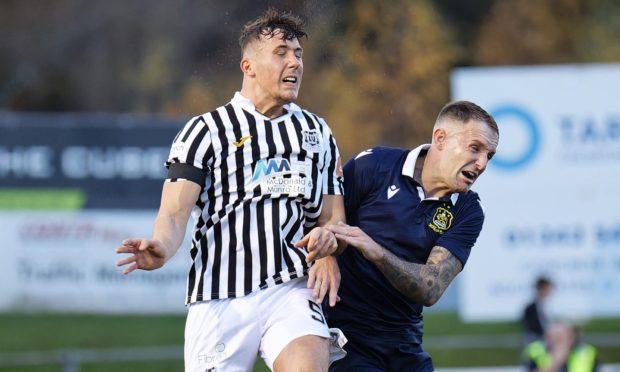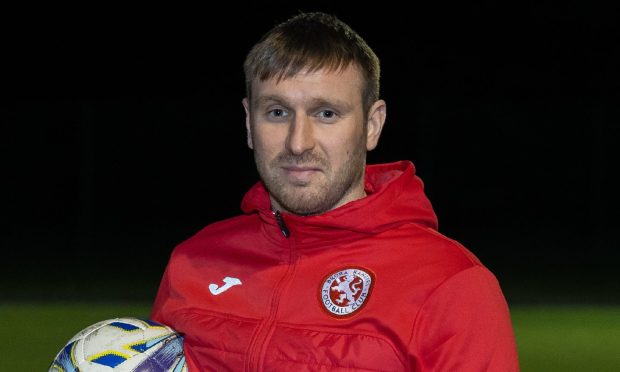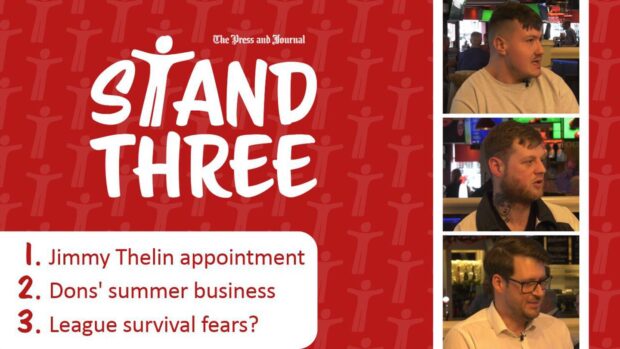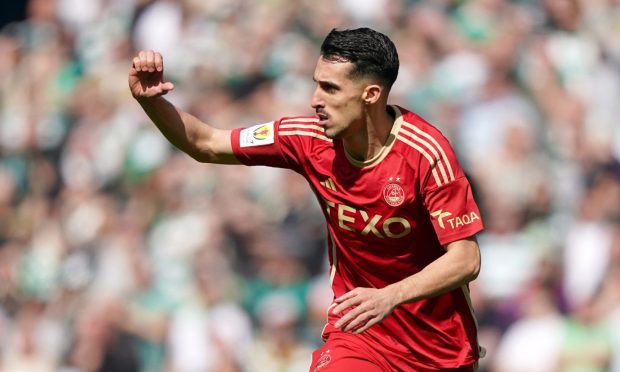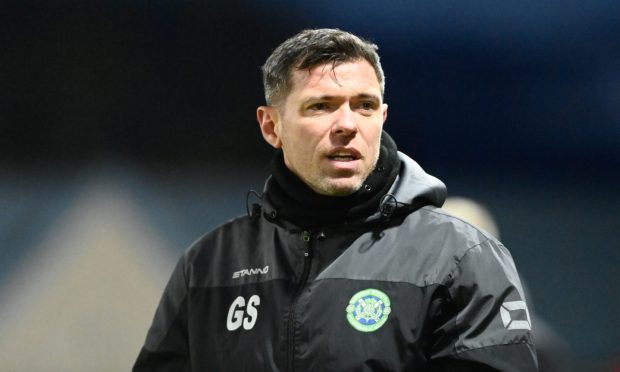Scottish football lost one of its greatest characters on Saturday in former Dundee United manager Jim McLean, who died at the age of 83.
It is safe to say his achievements as Dundee United manager will never be surpassed.
The crowning moment was winning the Scottish Premier Division title in 1983 when McLean’s Tangerines finished a point ahead of Celtic and Aberdeen but it was his success in European football that put United on the footballing map.
United should have made it to the European Cup final in 1984, only to be beaten 3-2 on aggregate by Roma in the semi-finals after winning 2-0 in the first leg at Tannadice.
McLean’s United went one better in the Uefa Cup three years later, beating Barcelona and a strong Borussia Monchengladbach on their way to the final.
Again they came up short, beaten 2-1 on aggregate by IFK Gothenburg in the final but these are unthinkable achievements in modern day football for a club the size of Dundee United, especially given that the Tannadice men have spent the previous four seasons in the second tier of Scottish football.
McLean was a feisty character who clashed with plenty of people during his illustrious career. He was also a perfectionist with an ability to get the very best out of players.
He was a master tactician and well ahead of his time.
A documentary about the Jim McLean years at Tannadice included an interview from Paul Sturrock at the time of United’s success in Europe.
Sturrock felt United benefited from their tactics of pressurising teams high up the pitch as it would unsettle Continental opposition who were used to having plenty of time to play their way out from the back.
Nowadays this would be hailed as the ‘gegenpressing’ philosophy that has been popularised by Jurgen Klopp but McLean was doing something not dissimilar.
He also appreciated the benefits of strength and conditioning before other managers of his era.
His first priority when he was named Dundee United manager at the age of 34 in 1971 was to get the United team in shape as he felt they were miles short of the level of fitness required for supposedly elite athletes.
Former Dundee United defender Maurice Malpas believes McLean should be held in the same esteem as Jock Stein, who guided Celtic to European Cup glory in 1967.
Scottish football has been blessed with a plethora of great managers – Stein, Sir Alex Ferguson, Bill Shankly and Sir Matt Busby to name a few.
McLean deserves his place on that list.
Meanwhile, Aberdeen are also mourning the loss of one of their own following the death of former defender and youth coach Chic McLelland at the age of 67.
He made more than 200 appearances for the Dons between 1970 and 1980 but his time as head of the youth department made a bigger impact.
His tireless work helped turn an abundance of talented young players into professional footballers and there will be plenty who owe a debt of gratitude to the coaching of the former Don.
